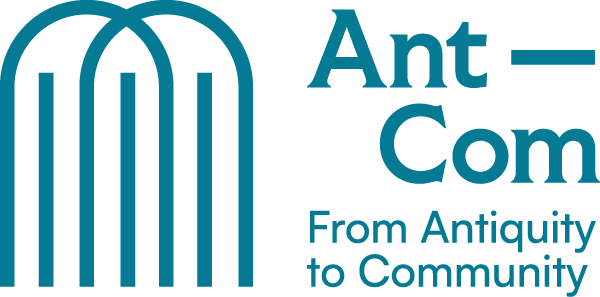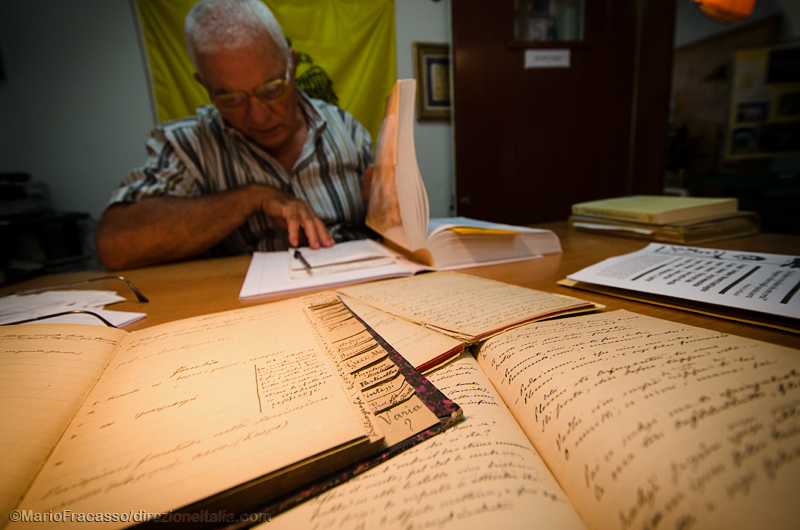The path of research is often windy. Ten years ago, on a rainy day, I jumped on a car and set out to carry out a field survey in some municipalities of the Greek minority of Salento (Grecìa Salentina, Southern Apulia). I wanted to see if the surviving literature preserved orally bore any trace of the Byzantine chivalric sagas dedicated to the Akritai (warriors walking the liminal space between the Empire and the dār al-Islām), and more specifically of the one centered on the exploits of Vasilios Dighenis Akritis (c. 10th century). I therefore went around asking my informants if they knew any story of knights, heroes and, more specifically, marauders and fights between rival gangs. I was keen on finding echoes – even distant ones – of tales revolving around medieval frontier heroes. Despite my best efforts and relentless investigation, my quest was in vain. Or better, it led me to unexpected places. When I eventually reached Sternatia (Lecce), a ninety-year-old woman told me that the only knight she had heard of was Saint George, and she began to tell me, partly in Grico (the neo-Greek dialect of Salento) and partly in her Romance dialect, the tale of the saint’s life and of his fight with the dragon. When I asked her if she knew any other story that had to do with memorable events, facts relevant for her community, or episodes characterized by the intervention of supernatural powers, men or women of abilities higher than normal, the old woman promptly recited an interesting lament about a hailstorm. It turned out that the hailstorm could be dated, precisely to 1567 and it proved not only a precious literary find, but also a document crucial to reconstruct distant climate history and environmental changes, an issue, as we know, more than pressing today.
The take-home message from my story, however, is that a key component of our research resides in the ability to listen and to center our informants, before our agenda. Empathy and relationship are essential to our toolkit and allow for the emergence of memories, words, and verses that have never been recovered, transcribed, or translated!
Beside collecting new material, we also have to know and valorize the work done by our predecessors, equally moved by a keen desire to preserve our community’s heritage. Their names might be obscure, but their work is essential. One of them is Vito Domenico Palumbo from Calimera. He left us a large number of manuscript notebooks preserving great deal of evidence of Salento Greek literature in prose and verse. It is a documentation full of surprises. Palumbo, for instance, transcribed a story, entitled The Tale of Sopo. The enigmatic Sopo was none other than the famous fable teller Aesop, whose life is recounted in a Greek popular work called The Aesop Romance. This ancient story traveled across time to become the literary heritage of the Greeks of Salento.
The literary texts recovered over the last 150 years also allow us to follow the linguistic evolution of the Greek language of Salento showing the erosion of the Greek lexical element in favor of the increasingly massive intrusions of Romance voices, but also the simplification of certain syntactic structures.
This kind of research can start from written texts but once again must also engage with the communities of speakers. A special role is played by the communities of Greek-Salentine speakers who have left Italy for other European and non-European countries. Many of them retain expressions and vocabulary that may have disappeared in Grecìa Salentina or are scarcely used due to the introduction of Italian words. The exploration of the linguistic heritage of these communities is another task waiting to be tackled!

